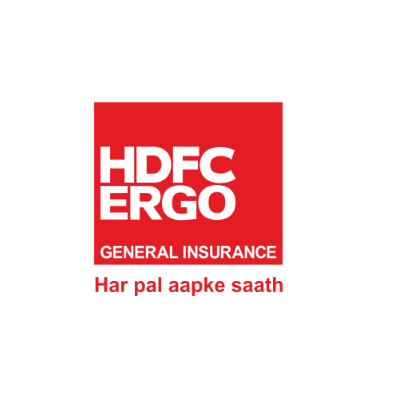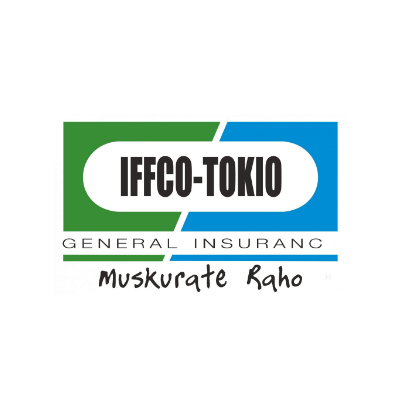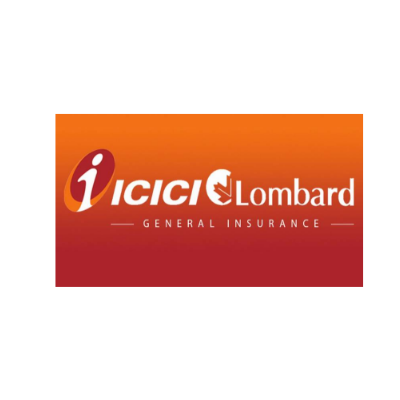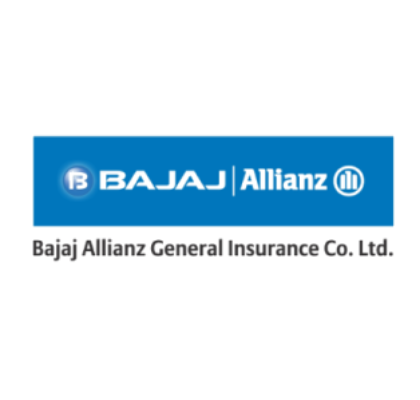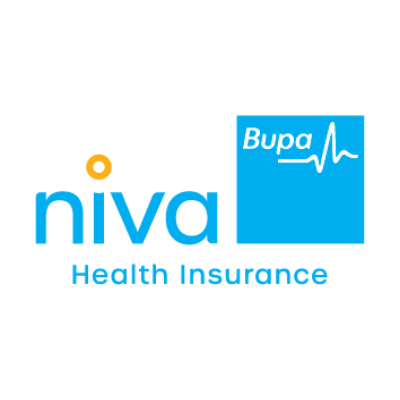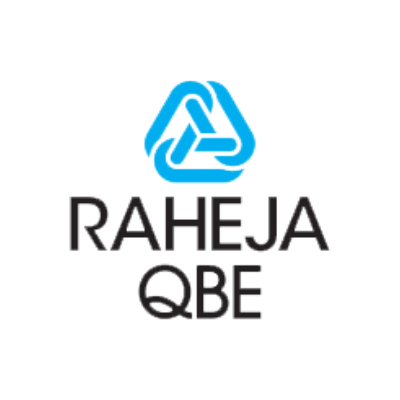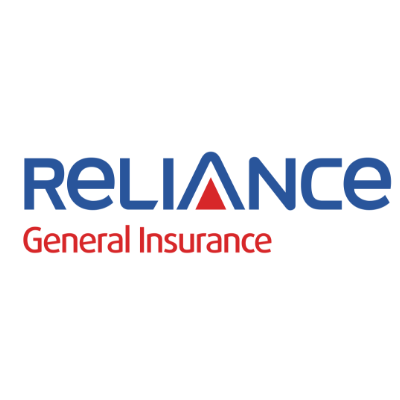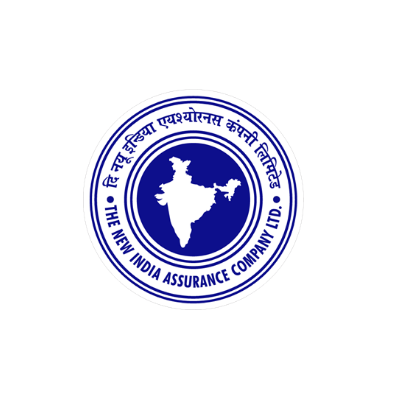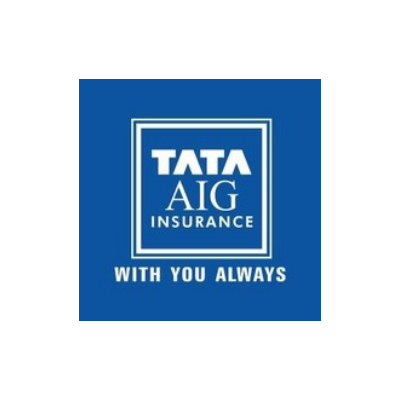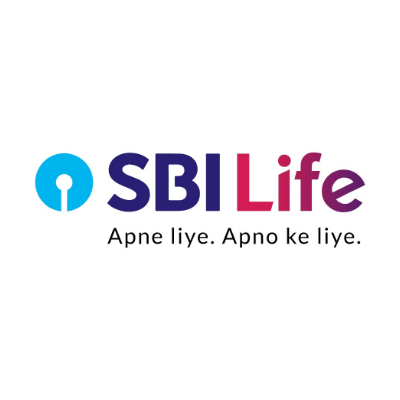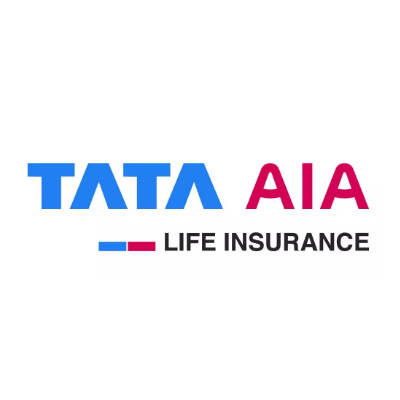DIFFERENT TYPES OF HEALTH INSURANCE POLICIES IN INDIA
A health insurance policy in India is the best protector in lieu of the rise in the cost of healthcare. There are different types of insurance policies available that can meet your requirement and provide a comprehensive coverage. Let’s look at the different types of health insurance policies in detail, that one can avail in India.
Importance of health insurance
Purchasing the right health insurance as per requirement is beneficial as it gives many advantages. Firstly, and most importantly it gives you the financial security as you are protected from the expensive healthcare structure. If you opt for a group insurance, it improves your savings. Health insurance also offers complementary health check-ups. Health insurance offers tax benefit and is a saviour in time of stress. Lastly and majorly, health insurance helps give you peace of mind.
Types of health insurance policies in India
There are different types of health insurance in India. You can compare the policies and choose one that meets your requirement the best.
Individual health insurance
An individual health insurance plan is can be opted by anyone falling between the age of 18 to 70 years. This plan can be bought to cover self, spouse, parents and children as well. This kind of insurance policy covers for medical expenses, cost of injury, hospitalization, illness or surgery expenses, room rent, or day-care procedures. Buying an individual health insurance policy offers individual sum insured limit for each covered member. Simply put, every member covered under the plan will have an individual sum insured. For instance, if you take apolicy of 2 lakhs rupees sum insured covering your spouse, kidand yourself, then each person covered will have an individual sum insured of rupees 2 lakhs. However, it does make the premium comparatively higher.
Family floater health insurance
A family floater health insurance covers the whole family. It an affordable option to protect all the members of family. A single sum insured floats for all the members covered under the family floater health insurance. The premium also gets lower in family floater health insurance compared to the individual health insurance policy.
Mediclaim
Mediclaim covers for sudden expenses that one has to bear on hospitalisation. A Mediclaim policy ensures compensation for hospitalisation expenses in case of any illness and even accident. It protects for in-patient expenses including surgery expenses, doctor’s fees, nursing charges, oxygen, and also anaesthesia. You can avail group Mediclaim, individual Mediclaim or even overseas Mediclaim.
Group health insurance
A group health insurance is a plan for group of employees working together in an organization. Be it a corporate house or a start-up you can buy group insurance plans to secure those working for you. As an employer, such cover helps to improvethe employee retention rate and company goodwill. The premium is lower for such kind of health insurance as it is like a mass policy. Such policy covers for hospitalization due to accident, critical illness, psychiatric illness, and maternity as well. Remember, the employees are covered under such policy only till the time they work for the organization.
Senior citizens health insurance
As the name suggests, this plan is designed specifically for senior citizens that is individuals falling over the age of 60 years. Such a plan offers coverage for cost of medicines, hospitalization arising out of accident or illness, pre and post hospitalization or treatment, domiciliary hospitalization and psychiatric benefits as well. The premium on such plan is higher as senior citizens are more prone to illness.
Maternity health insurance
A maternity health insurance can be bought as an Add-on with a basic health insurance plan. All the expenses from prenatal stage to delivery as well as post-natal stage are covered under such plan. It may also cover for medically necessary terminations, infertility expenses and new-born baby coverage depending on your requirement and fit.
Critical illness insurance
A critical illness health insurance policy covers for diseases are expensive to treat or take longer time to heal causing a strain on your budget. Such plan covers for cost of care and hospitalization expenses and also helps avail benefit of health check-ups. It covers for many critical diseases like;
- Cancer
- Paralysis
- Stroke
- Kidney failure
- Bypass surgery
- Heart attack
- Hypertension
Keep in mind, a critical illness policy has lifetime renewability and if you opt for such plan then you should survive for 30 days after diagnosis of the illness.
Top-Up health insurance
Top-Up health insurance plan is best suited if you seek coverage for higher amounts. But such policies bear a deductible clause. So, the payment will be made over and above a defined limit in case of a claim. For instance, you have a cover for rupees 15 lacs and it has a deductible of rupees 3 lacs then you have to bear claim up to rupees 3 lacs. Any amount over this shall be paid by the insurer.
Unit-linked plans
Unit-linked health insurance plans are a combination of investment and insurance. In such plans, the portion of paid premiums are utilized in stock market and returns are based on how the market performs.
Personal accident plan
A personal accident plan provides coverage against an accidental injury, disability or even death. Such policy is beneficial for individual involved in regular long-time driving.
Things to consider while buying health insurance
There are many options to choose from while selecting a health insurance that best fits your need. Some factors help to make the decision better. These include;
- Deductibles
- Age
- Medical history of self and family members
- Policy exclusions
- Sum insured
- Waiting period
- Network hospitals
- Claim settlement ratio
- Lifetime renewability
Conclusion
As you can see there are many health insurances plans to choose from. Some also offer additional benefit of daily cash allowance separate from hospitalization expenses. It is wise to compare all the policies and opt the one that suits your requirement the best.
FAQs – Frequently asked questions.
Let's take a look at some frequent queries on different types of health insurance policies in India;
Q1. Are the health insurance plans in India defined?
Ans. Yes, all the health insurance plans in India fall under either Indemnity or Defined benefit plans.
Q2. Are there any ways to enjoy benefit from health insurance plans?
Ans. Yes, the two major ways to enjoy benefit from health insurance plans is reimbursement claims and cashless facility.
Q3. Is there a specific health insurance plan that covers funding expensive treatments?
Ans. Yes, the critical illness health insurance plan is designed to cover funding expensive treatments.
Q4. Are there any pandemic-related health insurance plans in India?
Ans. Yes, post the pandemic, COVID-manifested conditions are also covered under disease-specific health insurance plans in India.










